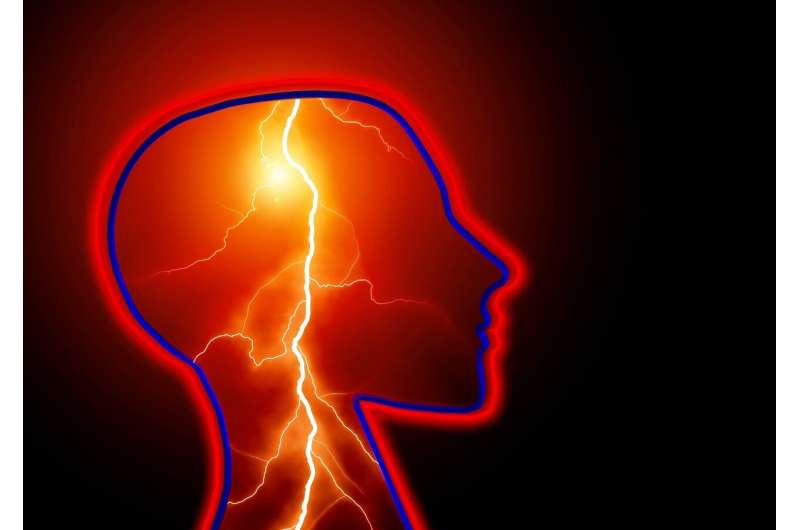
A team of scientists from Geisinger and Tempus have found that artificial intelligence can predict risk of new atrial fibrillation (AF) and AF-related stroke.
Atrial fibrillation is the most common cardiac arrhythmia and is associated with numerous health risks, including stroke and death. The study, published in Circulation, used electrical signals from the heart—measured from a 12-lead electrocardiogram (ECG)—to identify patients who are likely to develop AF, including those at risk for AF-related stroke.
“Each year, over 300 million ECGs are performed in the U.S. to identify cardiac abnormalities within an episode of care. However, these tests cannot generally detect future potential for negative events like atrial fibrillation or stroke,” said Joel Dudley, chief scientific officer at Tempus. “This critical work stems from our major investments in cardiology to generate algorithms that make existing cardiology tests, such as ECGs, smarter and capable of predicting future clinical events. Our goal is to enable clinicians to act earlier in the course of disease.”
To develop their model, the team of data scientists and medical researchers used 1.6 million ECGs from 430,000 patients over 35 years of patient care at Geisinger. These data were used to train a deep neural network—a specialized class of artificial intelligence—to predict, among patients without a previous history of AF, who would develop AF within 12 months. The neural network performance exceeded that of current clinical models for predicting AF risk. Furthermore, 62% of patients without known AF who experienced an AF-related stroke within three years were identified as high risk by the model before the stroke occurred.
Source: Read Full Article






